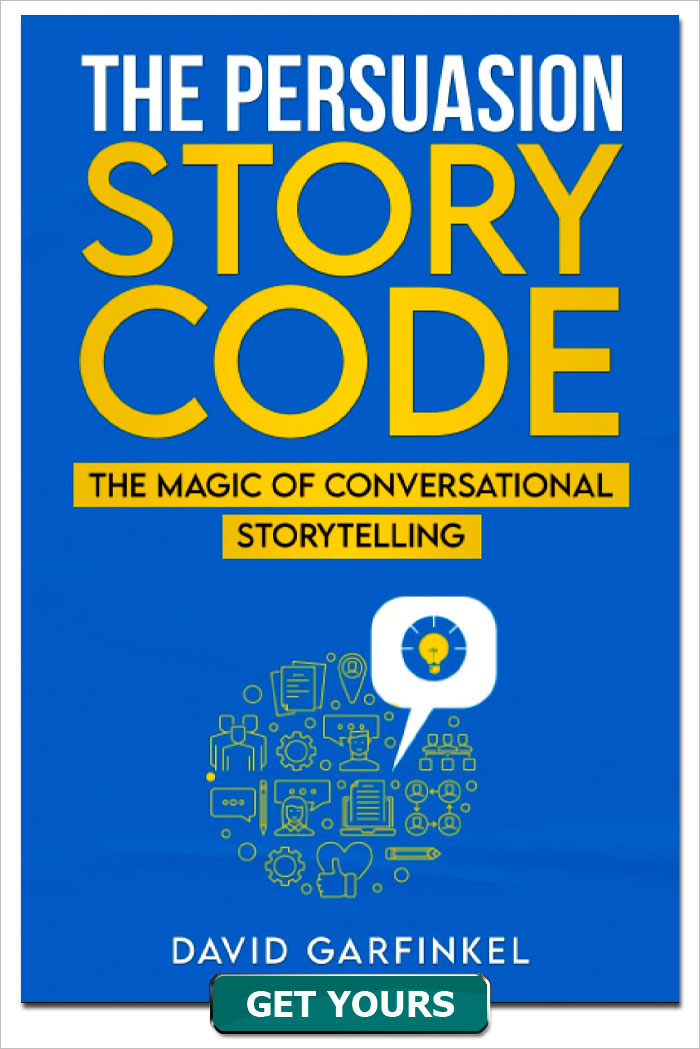The 4 Kinds of Proof
Published by: David Garfinkel on 06-20-2022
Tweet
One of my Facebook friends asked a question in a copywriting group about whether there are more kinds of proof than what most people think of – namely, logic and testimonials.
This got me to thinking. I realized there are other kinds. These other kinds of proof are just not that obvious to everyone. In fact, the less obvious they are, the more they fly under the radar, and... the more powerful they are likely to be.
Proof is one of the most under-used parts of copy, but it’s one of the most important. Why? Because it’s going to be really hard to get people to believe you without enough convincing proof elements. And no belief = no sales. So you definitely need all the proof you can get.
I’ve identified four kinds of proof the best copywriters are already using all the time, but most people don’t fully understand or even know about at all. At least some of them. And we’ll go over all four today.
So we’re took a deep look at four kinds of proof. Believe me, there was some overlap between the categories. Still, each kind is basically different enough to deserve a category of its own. So yes, sometimes you could come up with a piece of proof that could definitely fit in more than one category, depending on how you look at it. That doesn’t matter, though.
The important thing here to understand is that you need to use as much proof as you can get. Remember, maybe you’re sold on your product, but your prospect probably isn’t.
Just because someone knows you, likes you and trusts you doesn’t necessarily mean they will buy from you. Because, unless they have had experience already using a very similar product from you in the past, the chances are really good that they have their doubts and you can’t count on them to believe you completely about any particular product, just because you say so.
If you’re not already big on proof, you’re probably not getting nearly the sales you could be getting.
And if you are big on proof, then you need to listen closely to find out what you’re not already doing that you should be doing from now on.
Keywords: proof trust









